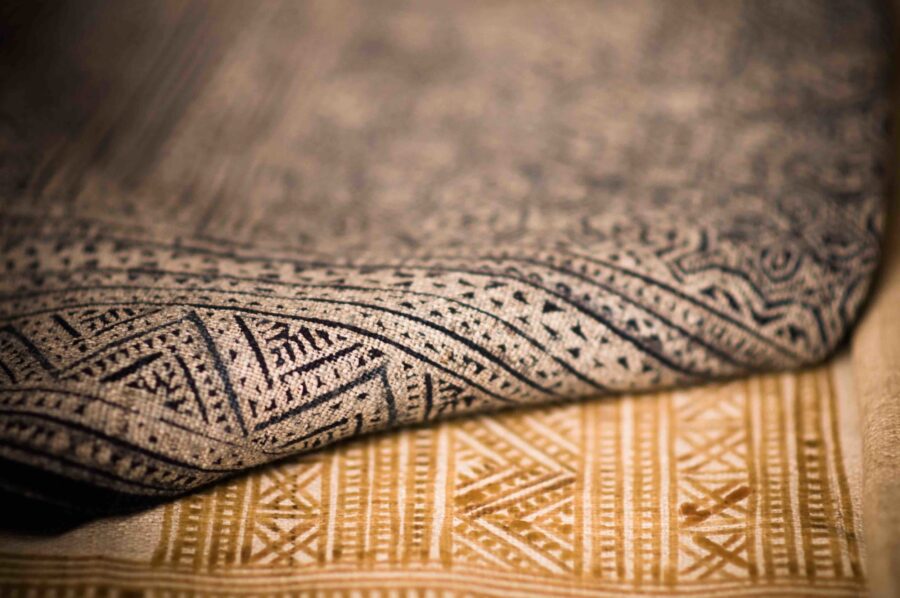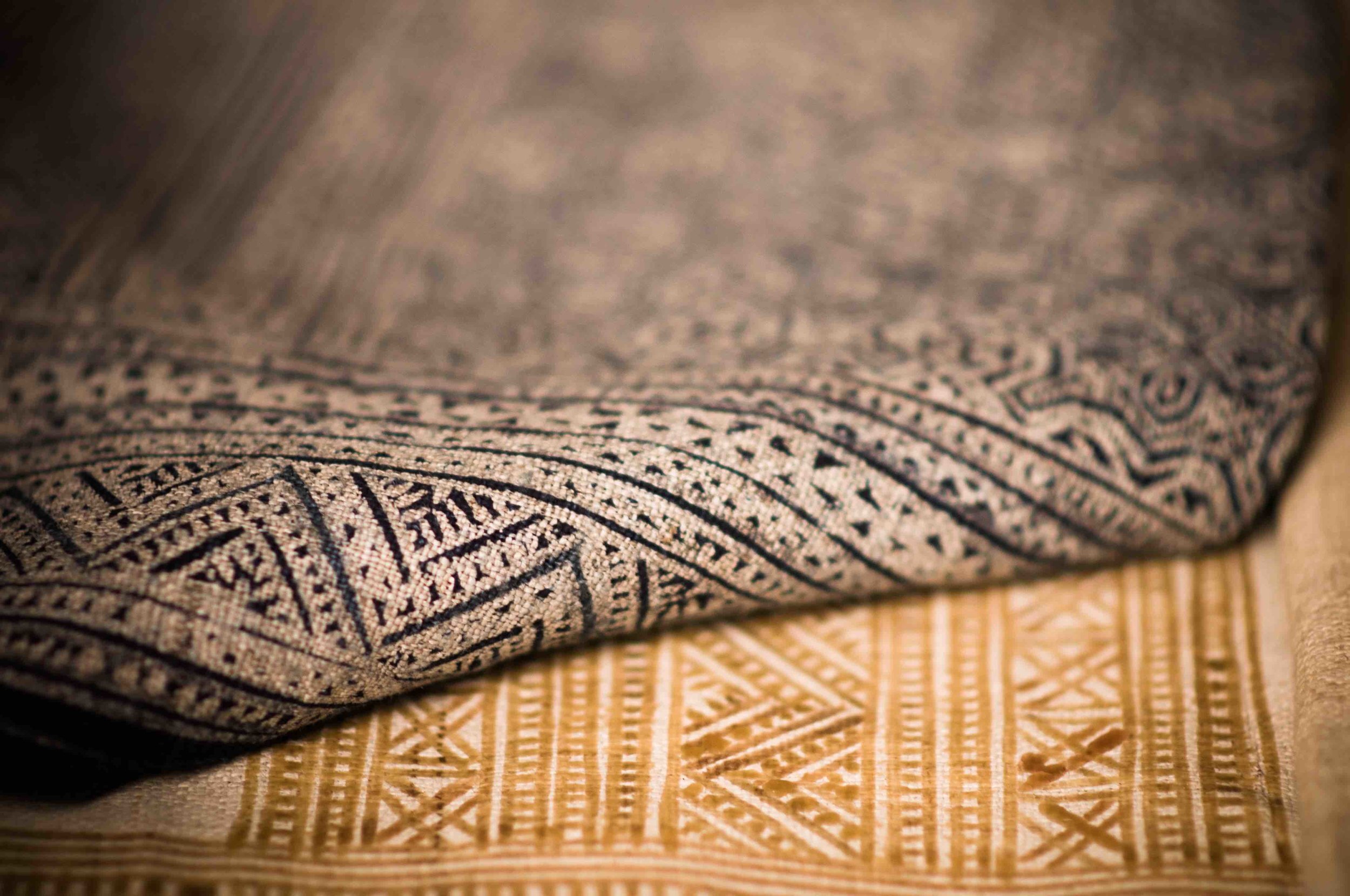
Highlights From The First Trade + Impact Summit
A Buyer’s Perspective From The First Trade + Impact Summit In Morocco
Nestled high in the Middle Atlas Mountains of Morocco more than 100 attendees gathered for the first ever Trade + Impact Summit. The Summit was the culmination of more than five years of fundraising, partnerships and event planning to bring together Africa and the Middle East’s brightest artisan entrepreneurs, women-led enterprises, social impact investors, and buyers/retailers with linkages to larger markets.
As a buyer I wasn’t sure what to expect, the first time for anything usually means things won’t run smoothly – exhibitors might not show, flights could be cancelled or cars could break down, or the products and artisan organizations might not be the right fit for market-enabler, To The Market.
But fast forward to the Summit, the car ride was a breeze and let’s face it, after nearly 18 hours of travel, an almost missed connection, and maneuvering Moroccan customs, I fell asleep in the car immediately.
I have been to Morocco a few times but driving into Ifrane was totally different. It’s essentially a Swiss village in the middle of North Africa. The architecture and the crisp cool air lend to the European vibe with little green taxi’s darting in an out of the town center. Looking back on it, I was initially disappointed the conference was not in Rabat, Fez, or Marrakesh (or name your iconic Moroccan city). Yet, while Ifrane was a bit more isolated, this exclusivity allowed for all of the participants to pass on touristic side trips and really hang out together.
The Trade + Impact Summit has been an ongoing passion project for several key women within the artisan and Fair Trade sector including artisan industry heavyweights: Khadija Idrissi Janati, Kathleen Holland, Elaine Bellazza, Stacey Edgar, and so many others. These women and everyone else who supported the planning process did an incredible job bringing the amazing crafts talent of Africa and the Middle East to the Summit. This convergence created an opportunity for individuals, such as myself, to see the breadth of craftsmanship coming out of the region, much of which is not easily accessible from Western markets. For many of the exhibitors it was their first foreign trade show.
Through the Summit, I was able to meet directly with the artisans and learn about their stories and what many of these incredible women overcame to be where they are today. The environment was such an inspiring space to cultivate new partnerships and exactly what the Summit was borne out of—creating a platform for producers to connect to markets and investment.
The Summit began with a three-day conference covering issues spanning design, investment, social enterprise leadership, technology, and trade. I really appreciated the honest and open dialogue where producers and buyers discussed where they hit bumps in the road and how a commitment to social entrepreneurship allows both parties to meet in the middle. Social entrepreneurship is not business as usual. Fundamentally, these relationships depend on honesty and trust to remain sustainable. Each party must meet their end of the bargain–deposits must be made, custom order specifications clear, open lines of communication must be maintained, and realistic order capacity understood.
Ethical sourcing and artisan enterprise requires patience, a message that needs to be relayed all the way to the end consumer. If you are working with women in a post-conflict environment, it’s never going to be easy, but I think that’s what draws many of us to this field—the unique opportunity to see firsthand the growth and expanded opportunities. Jessica Hoenegger, the founder of Noonday Collection, was particularly excited to share that one of their first partners from Uganda, Ajuna (a paper bead company) which previously only had the capacity to produce for Noonday alone, was showcasing at the Summit. Ajuna grew through consistent orders from Noonday and because of their successful expansion can now receive additional orders from new customers.
During the final night of the conference, the organizers shared their thanks with so many of the women who helped make the dream of the conference a reality. As a participant, it was only at this point that I truly understood how I was not just attending a trade expo in beautiful Morocco, but I was now a part of the Trade + Impact community. I was now moving forward with these women on their future endeavors and could not wait to seize the opportunity to bring their goods and the stories behind those goods To The Market.
During the expo I was introduced to Swaziland Fair Trade (SWIFT), a business development network connecting some 5,000 Swazi artisans committed to fair trade principles. SWIFT creates a unique connecting point for buyers like myself—allowing for shipments to be combined or capacities expanded for larger orders through a vetted production support network. I am still dreaming about SWIFT member, Quazi’s jewelry and bowls made out of compressed recycled magazine paper pulp.
I met women from the eco-ethical beauty space in Ghana and Nigeria, whose companies, such as Eu’Genia Shea and Shea Radiance, are producing shea butters and balms. These women-led organizations are committed to working directly with all-women shea producers, who are often the most vulnerable women to abusive labor contracts in shea producing countries.
The expo allowed me to visually travel to post-conflict countries such as Mali, Liberia and Cote D’Ivoire to see and feel traditional hand-dyed indigo textiles, sustainable batik dyed fabrics and accessories, and recycled plastic jewelry. I am still in awe over the quality, the designs, and the stories of survival and rebirth from these artisan enterprises.
The Trade + Impact Summit surpassed all expectation and gave me a renewed hope and understanding of not only artisan enterprise, but that many of the challenges I face are faced by others and only after working together, pushing for better trade policies, educating more consumers, and empowering more women to be leaders in their communities and industries, will we move forward. How we consume impacts others, and as a consumer we have the choice to make it a negative or positive one. I am lucky in that I get to create more positive choices by attending trade shows such as the Trade + Impact Summit to bring more ethical producers to organizations like To The Market.

